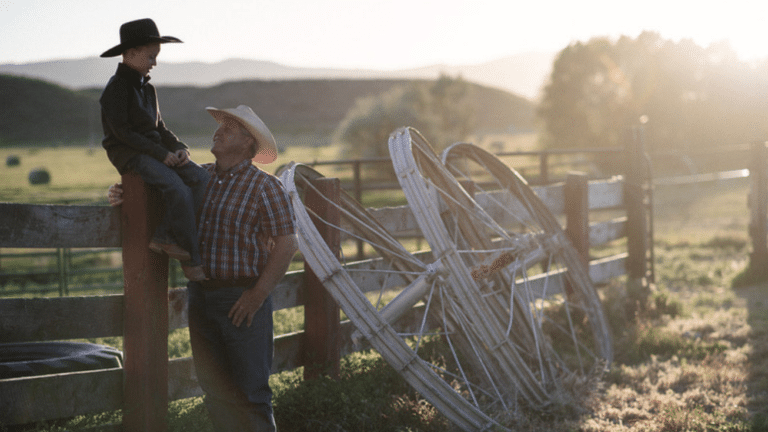Is Converting to Organic Farming Worth the Costs?
There was a time not long ago when organic farming seemed like a new experiment for American farmers. Back in 1990, organic food and beverages grossed just $1 billion in sales. Twenty years later, that number has grown to nearly $27 billion. A whopping 4.8 million acres in the United States have now been dedicated to organic farming.
Farmers who have switched to organic production have seen big increases in the value of goods at market. A head-to-head comparison by the USDA found a wide difference in the cost of organic produce, from a 39 percent increase for carrots to a 200 percent markup on eggs.
Converting a farm to organic has several associated costs, including a yearly certification and increased labor expenses for weeding. Farms also must spend three years operating without chemicals before they can be certified. That can be costly considering crops sold during the switch can’t be labeled as certified organic.
Luckily, there are several agricultural loans that can help farms with an organic conversion. Our low-interest land loans can provide a 25-year amortized program to help farmers pay back their conversion costs slowly, without a big hit to the wallet all at once.
Others may want to cover the costs of an organic conversion by refinancing an existing ag loan or USDA loan. By taking out equity during refinancing, a farm can cover the operational costs of an organic conversion and then benefit later from the increased profits.
What does a farmer stand to gain from organics? Carmen Fernholz, an organic research coordinator for the University of Minnesota, recently gave a presentation at the 24th annual Organic Farming Conference in Wisconsin. Fernholz is a longtime organic farmer himself. Among the costs of conversion, Fernholz said, are an initial investment of $5,000 to $10,000 for weed management that will be repaid simply in the money farmers save on fertilizer.
“It’s easier to achieve a profitable bottom line, if you do it correctly,” Fernholz said, according to an article from the LaCrosse Tribune. “You can get comparable yields, generally at more of a premium, and generally with less of a capital investment.”
If you’re thinking about converting your farm to organic, please contact our loan specialists at AgAmerica Lending to talk about ways we can help you get there.






